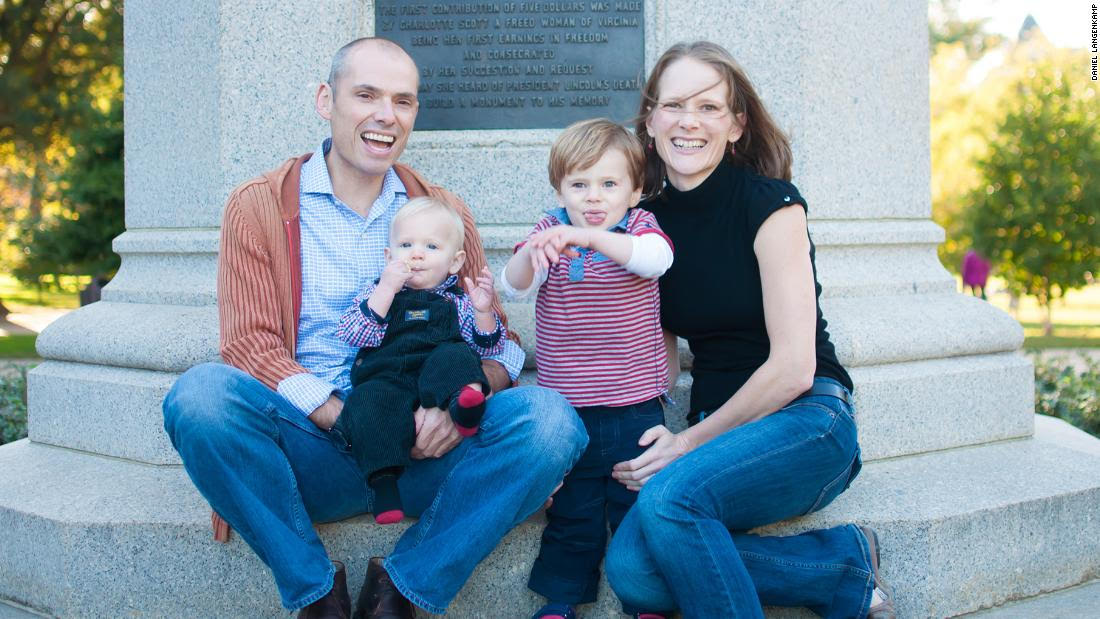Bipartisan Legislation in Congress to Support Safe Routes to School
Bipartisan Legislation in Congress to Support Safe Routes to School
“Keeping kids safe on the way to school” is a winning message on both sides of the aisle. At a time when Washington, DC and the nation feel more divided than ever, we celebrate bipartisan legislation to strengthen the Safe Routes to School movement in the US.
Safe Routes to School: We Want Your Photos & Videos!
The Safe Routes Partnership is taking a closer look at Safe Routes to School stories, successes, and best practices from state and local programs to weave a detailed tapestry of work across the country.
Bad bill alert! Don’t shift local bicycling, walking and Safe Routes to School funding to recreational uses
All across the country, the Transportation Alternatives Program is the leading source of federal formula funding for walking, bicycling, and Safe Routes to School projects that help us achieve that vision. It funds sidewalks, bike lanes, and Safe Routes to School programs.
Navigating Change Together: Our Commitment to the Safe Routes to School Community
Instead of the cheery “20th anniversary of Safe Routes to School” message we had planned to release, we take this moment to acknowledge how current events affect the Safe Routes to School movement, and most importantly the people who make up this field.
Three Weeks In: Impacts of the New Administration’s Actions on Safe Routes
A lot has happened in Washington in the past three weeks. We at the Safe Routes Partnership are gathering intel and as things become clearer, we will continue to advocate for funding and policies that support walking, biking and Safe Routes while centering the people within this movement. In the meantime, while things are in flux, we wanted to pass along information about how the current state of affairs may impact our issues, plus some actions you can take now.
New Year, New Federal Landscape
The new year ushers in a season of change in Washington, D.C., and I’m not just referring to the snowfall in the nation’s capital! The 119th Congress was sworn in, and the change in presidential administrations will occur on January 20, 2025 – Inauguration Day. What does this all mean for federal transportation policy and funding?
Safe Routes to School Fares Well in SS4A Round 2 Funding!
It seems like every year, we open our September federal policy post wondering whether the government will shut down on October 1 due to Congress failing to pass a budget, and unfortunately, 2024 is no different! So, will the government shut down? Our crystal ball tells us it won’t.


